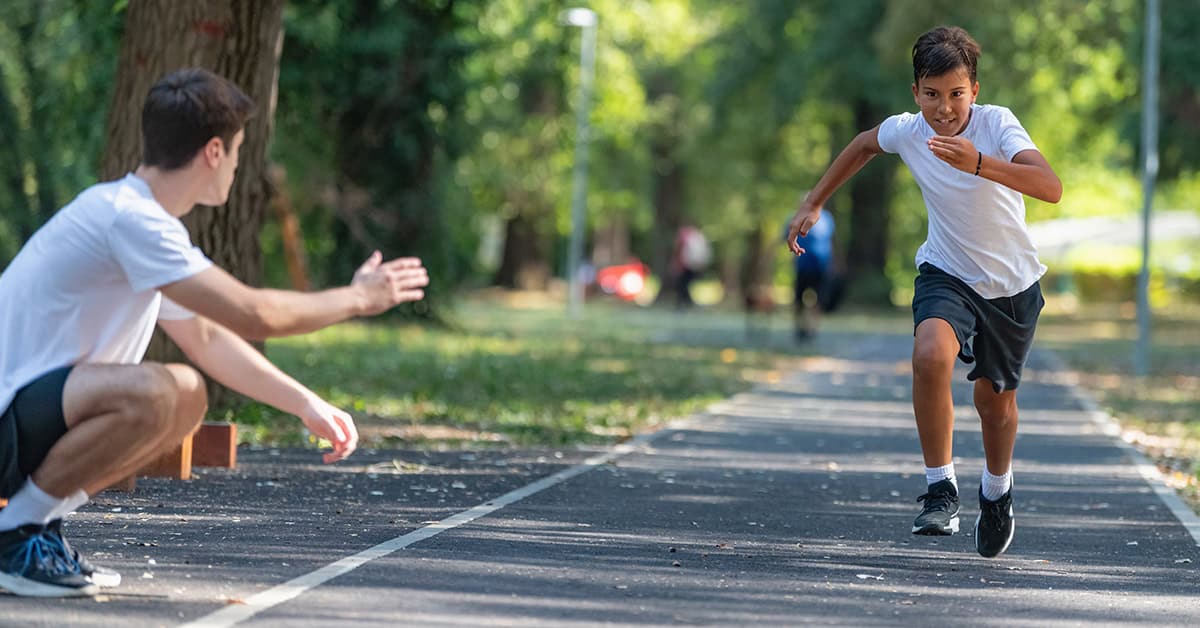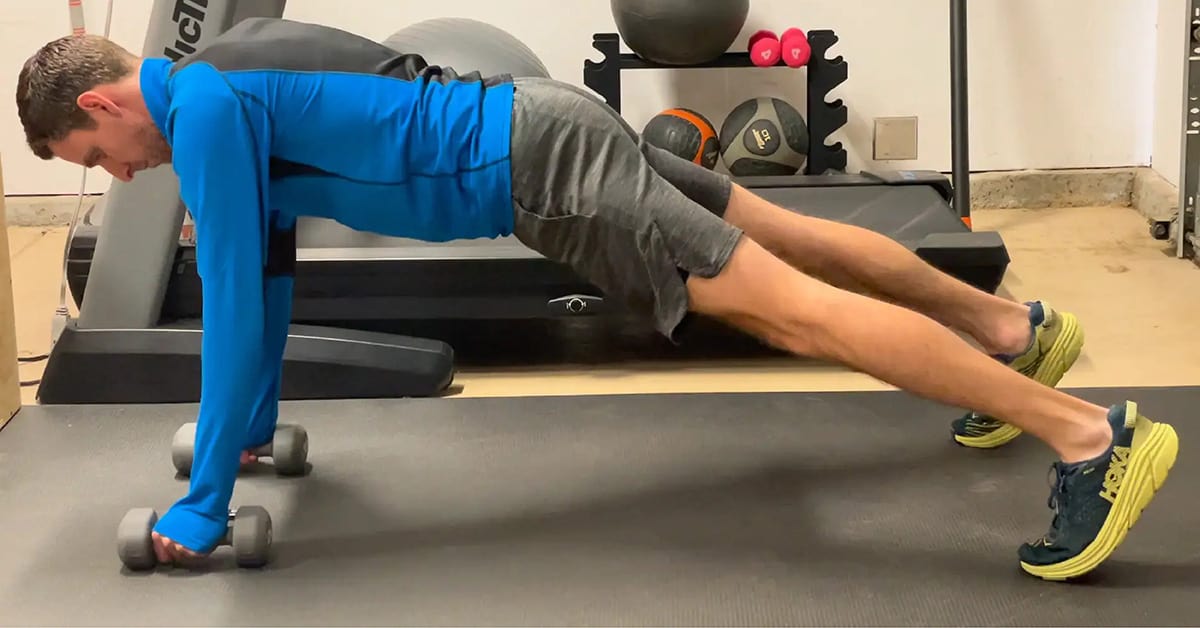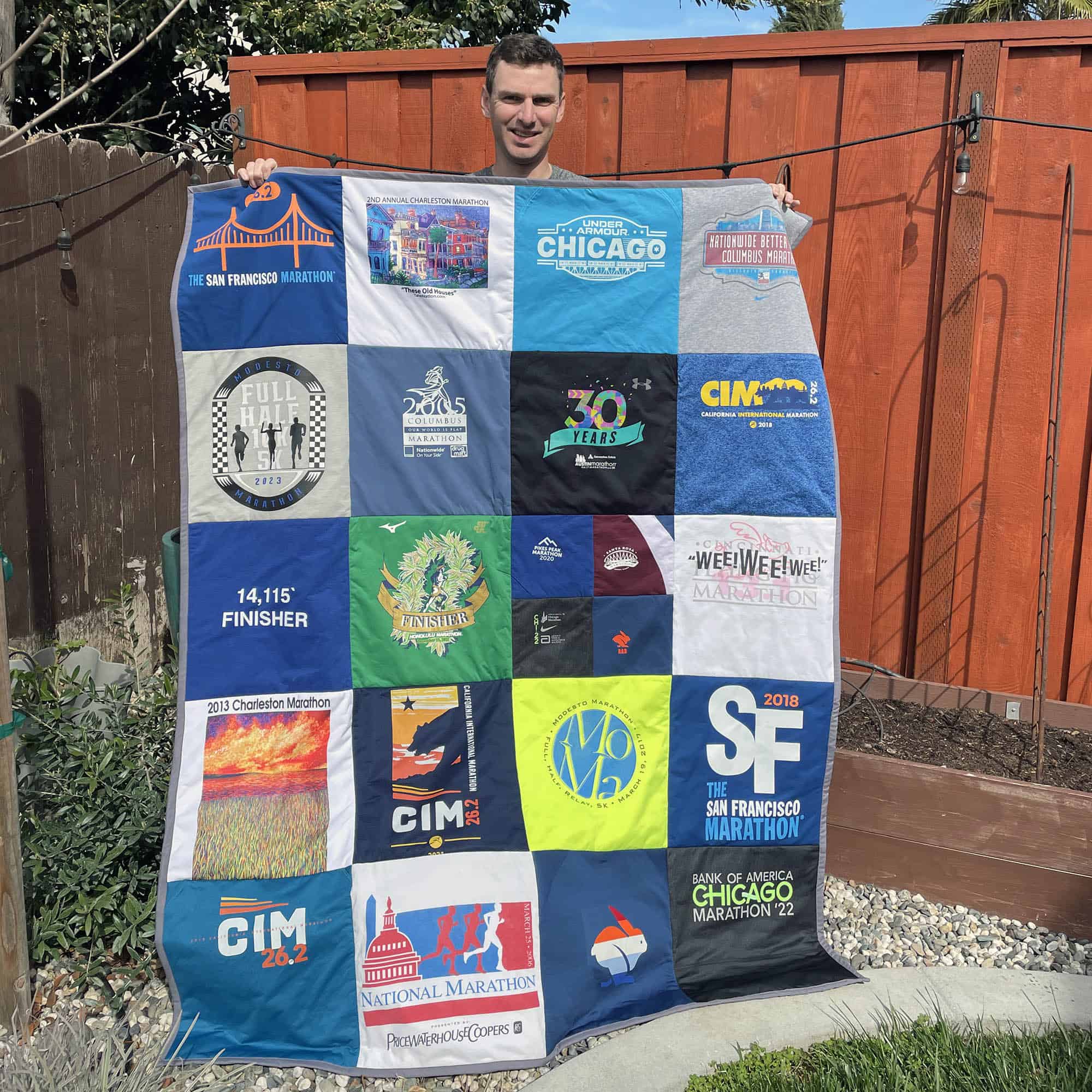Why Kids Need Speed and Agility: Building a Foundation for Lifelong Success
In today’s dynamic world, children face numerous physical and mental challenges, from excelling in sports to navigating everyday activities. Speed and agility are essential skills that improve athletic performance and foster growth and development. Here’s why kids need speed and agility and how they lay the groundwork for lifelong success.
Enhances Physical Health
Speed and agility training is fundamental to maintaining and improving physical health. These exercises emphasize quick, controlled movements that enhance cardiovascular fitness, muscular strength, and coordination.
Speed refers to the ability to move swiftly over a distance, while agility focuses on rapidly and efficiently changing direction. Both require flexibility, balance, and strength, contributing to overall physical well-being. By developing these skills, children become more active, reduce their risk of obesity, and establish habits that promote long-term health.
Boosts Confidence and Self-Esteem
Mastering speed and agility instill confidence in children. Whether they excel in sports like soccer, basketball, or tennis or perform well in physical activities, these skills empower kids to feel capable and accomplished. Success in these areas enhances self-esteem and fosters a positive self-image.
The confidence gained from physical achievements often extends into other areas of life. Kids who feel competent in their physical abilities are more likely to approach challenges in school, social settings, and personal relationships with optimism and determination.
Improves Cognitive Function
While speed and agility are primarily physical attributes, they also enhance cognitive development. Activities that require rapid decision-making, quick reactions, and environmental awareness strengthen critical thinking and problem-solving skills. These mental processes help children improve focus, memory, and academic performance.
Speed and agility training also sharpens the ability to multitask and adapt to changing situations, which are invaluable skills both on and off the field.
Teaches Discipline and Work Ethic
Developing speed and agility requires consistent effort and practice. Regular training teaches children the importance of setting goals, persevering through challenges, and celebrating progress. These lessons foster a strong work ethic and resilience, traits crucial for success in all areas of life.
As kids witness their improvement, they gain a deeper appreciation for the value of dedication and hard work. These habits extend beyond sports, helping them tackle academic tasks, build relationships, and pursue personal aspirations with determination.
Promotes Teamwork and Social Skills
Many speed and agility activities, such as soccer, basketball, and volleyball, are team-based. These sports provide a platform for children to develop social skills, including communication, collaboration, and empathy. Coordinating with teammates while moving swiftly and strategically enhances physical and social agility.
Participating in team sports fosters a sense of belonging, reduces feelings of isolation, and helps children build lasting friendships. These experiences nurture social confidence and prepare kids for cooperative environments later in life.
Supports Emotional Regulation
Physical activity, mainly speed and agility training, plays a vital role in emotional regulation. Exercise stimulates the release of endorphins, which elevate mood and reduce stress. Structured training sessions also teach children patience, focus, and the ability to handle frustration or setbacks.
The resilience developed through physical challenges helps children manage emotions effectively, bounce back from failures, and approach future difficulties with a growth mindset.
Prevents Injuries and Enhances Motor Skills
Speed and agility training strengthens muscles, improves balance, and enhances coordination, which is essential for injury prevention. Children who develop these skills are less likely to experience falls, trips, or other accidents.
Additionally, these exercises lay the foundation for advanced motor skills that are beneficial in various sports and physical activities. Kids with well-rounded motor abilities are better equipped to explore different athletic pursuits as they grow.
Conclusion: Building a Brighter Future Through Speed and Agility
Speed and agility are more than just athletic skills—they are cornerstones of a child’s physical, cognitive, and emotional development. Kids gain confidence, improve their health, and develop essential life skills such as discipline, teamwork, and resilience by focusing on these abilities.
If you want to give your child a head start in developing these vital skills, consider enrolling them in Speed & Agility Sessions with Coach Andrew Taylor at Sunrise Running Company. These expertly designed sessions focus on enhancing physical and mental agility while promoting overall well-being. Complete this form today to learn more and secure your spot in an upcoming training session!














